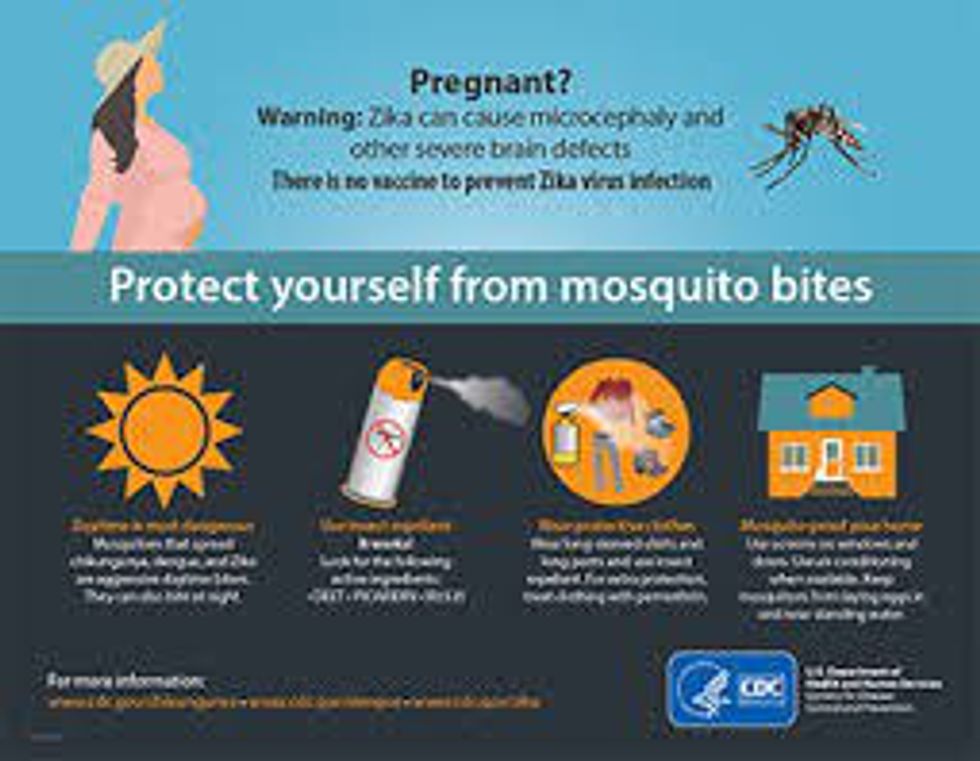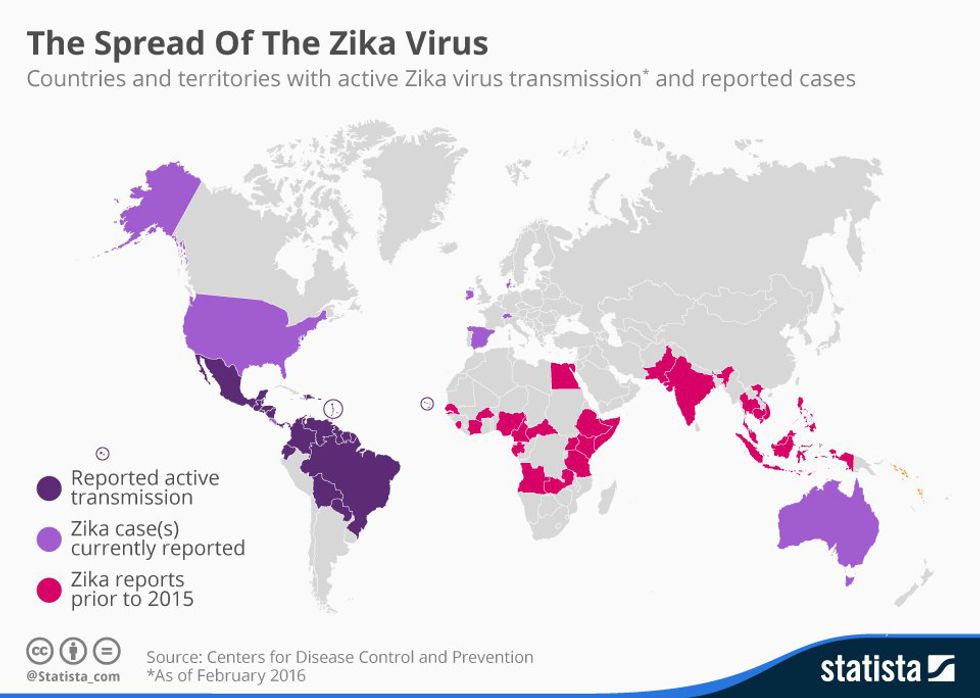With news coverage, articles, doctors, and the Center for Disease Control (CDC), the information on Zika seems to be all over the place. The amount of information we have makes it extremely difficult to understand exactly what Zika is and what you should do about it. Look no further, here is the up to date information on the Zika virus so you can protect yourselves and those around you.
How is Zika transmitted?
Zika is a virus that is transmitted through mosquitoes that causes significant birth defects. The fact that it is transmitted by a mosquito, something that is very hard to avoid, is what makes it all the more dangerous and threatening. As of June 22, there have been over 820 cases reported in the United States. In addition to mosquitos, Zika is also sexually transmitted. At first, it was believed than women were safe as long as they did not contract Zika themselves. It is now understood that men can transmit Zika to their partners and potentially harm a developing baby.
Who does it impact?
Anyone can get Zika in the right environment. However, those most at risk are developing babies.
What are the symptoms?
The symptoms of Zika are fever, rash, joint pain, and red eyes. If you have the symptoms within 2 weeks of traveling to a known Zika area, see your doctor immediately. These symptoms are not fatal, nor do many people seek out hospitalization. It is guessed that many people won’t even know they have it.
How is it diagnosed?
A series of urine and blood tests confirm Zika.
What does it do?
Zika causes microcephaly (medical term for a small head.) and other severe fetal brain defects. This causes severe mental retardation and diminishes life expectancy. This is the first new birth defect discovered and the first delivered by an outside vector like mosquitos. Up until this point, most birth defects are linked to very individual choices such as smoking, alcohol, drug use, and exposure to harmful chemicals. Out of the 265 pregnant women who have Zika, four of those pregnancies have resulted in birth defects and four in still births as of June 16.
How can it be prevented?
Unfortunately, there is no vaccine available yet that prevents the Zika virus. The most effective method of prevention is avoiding the countries where known carrier mosquitos reside. However, if you do find yourself in a country with Zika, applying high DEET repellent and wearing long sleeved clothes will reduce the risk. Mosquitoes that carry Zika bite during the day, so make sure to apply throughout the day not just in the morning and around dusk.For men, after traveling to an area with Zika, condoms or abstinence should be adhered to religiously with pregnant partners for both oral sex and intercourse. For those with non-pregnant partners, the same recommendations are given for at least six months.
Find more tips by visiting https://www.cdc.gov/zika/prevention/index.html
Countries with Zika
Before traveling, check the CDC website (http://wwwnc.cdc.gov/travel/page/zika-travel-information) to find out if Zika is known in your destination country. Some common travel locations with Zika include: Mexico, The Caribbean (Cuba, Puerto Rico, US Virgin Islands, Jamaica, Barbados, Aruba), Belieze, Brazil, Panama, Argentina, and Cape Verde.
Pregnancy tips
If you are planning on becoming pregnant, consult your doctor before traveling to a country with known Zika outbreaks. Once you’ve returned (if you go), plan on having a discussion on when it would be wise to start trying to become pregnant. The CDC recommends waiting at least six months before beginning to try.
For college students
Travel safe, travel happy. Protect yourself, protect others. In the end, if you are a women who is not planning on becoming pregnant, or a man whose partner is not planning on becoming pregnant, you have little to worry about.






















